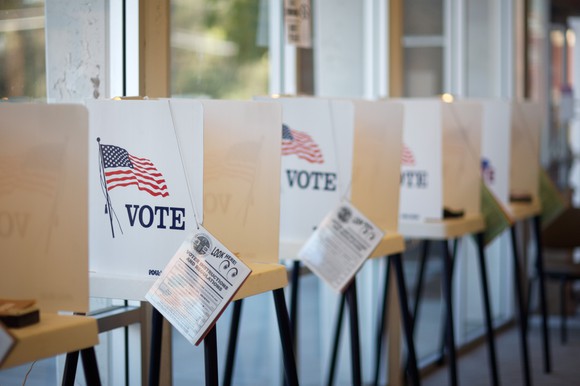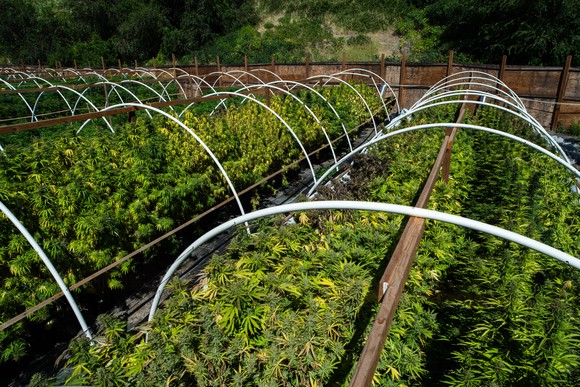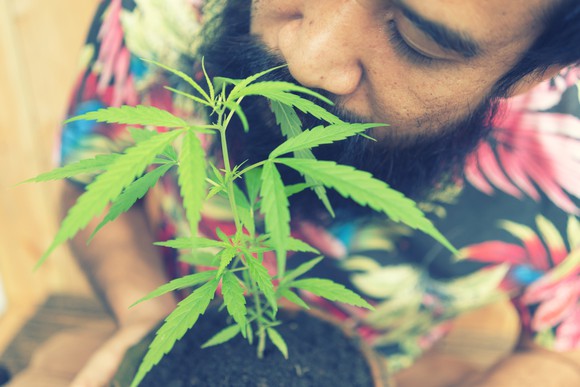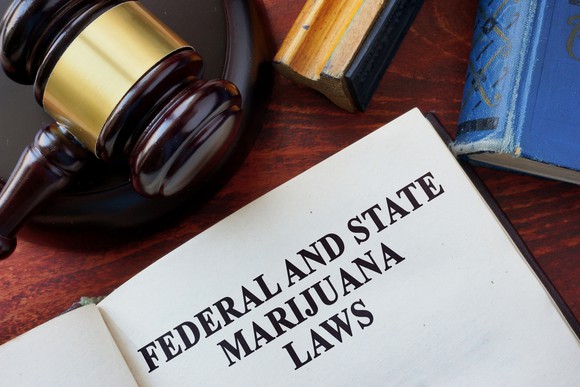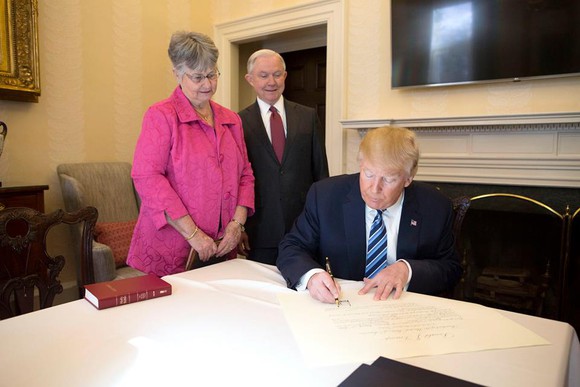I like this guy.
My fellow conservatives should protect medical marijuana from the government
by Dana Rohrabacher September 5 at 9:16 AM
Dana Rohrabacher, a Republican, represents California’s 48th District in the U.S. House.
Not long ago, a supporter of mine, visiting from California, dropped by my Capitol office. A retired military officer and staunch conservative, he and I spent much of our conversation discussing the Republican agenda.
Finally, I drew a breath and asked him about an issue I feared might divide us: the liberalization of our marijuana laws, specifically medical marijuana reform, on which for years I had been leading the charge. What did he think about that controversial position?
“Dana,” he replied, “there are some things about me you don’t know.” He told me about his three sons, all of whom enlisted after 9/11.
Two of his sons returned from the battlefield whole and healthy. The third, however, came home suffering multiple seizures each day. His prospects were bleak.
His medical care fell under the total guidance of the Department of Veterans Affairs, whose doctors came under federal restraints regarding the treatments they could prescribe. (Among the treatments allowed were opioids.) Nothing worked.
Finally, a sympathetic doctor advised our young hero to see him in his private office, where he could prescribe medication derived from cannabis. The prescription worked. The seizures, for the most part, ceased.
“Dana,” said my friend, “I could hug you right now for what you’ve been doing, unknowingly, for my son.”
What had I been doing? With my Democrat friend Sam Farr, the now-retired California congressman, I wrote
an amendment to spending bills that prohibits the federal government from prosecuting medical marijuana cases in states where voters have legalized such treatment. The amendment passed two consecutive years, the second time with a wider margin than the first, and has been extended through continuing resolutions and an omnibus spending bill.
Surprisingly, given the Obama administration’s generally liberal approach to marijuana, its Justice Department tried to interpret the amendment in such a convoluted way as to allow counterproductive raids on marijuana dispensaries. The courts —
most recently the U.S. Court of Appeals for the 9th Circuit — repeatedly ruled that our amendment meant exactly what it said.
Unfortunately, my longtime friend Jeff Sessions, the attorney general,
has urged Congress to drop the amendment, now co-sponsored by Rep. Earl Blumenauer (D-Ore.). This, despite President Trump’s belief, made clear in his campaign and as president, that
states alone should decide medical marijuana policies.
I should not need to remind our chief law enforcement officer nor my fellow Republicans that our system of federalism, also known as states’ rights, was designed to resolve just such a fractious issue. Our party still bears a blemish for wielding the “states’ rights” cudgel against civil rights. If we bury state autonomy in order to deny patients an alternative to opioids, and ominously federalize our police, our hypocrisy will deserve the American people’s contempt.
More than half the states have liberalized medical marijuana laws, some even decriminalizing recreational use.
Some eighty percent of Americans favor legalization of medical marijuana. Only a benighted or mean-spirited mind-set would want to block such progress.
Despite federal efforts to restrict supply, studies continue to yield promising results. And mounting anecdotal evidence shows again and again that medical marijuana can dramatically improve the lives of people with epilepsy, post-traumatic stress disorder, arthritis and many other ailments.
Most Americans know this. The political class, not surprisingly, lags behind them.
Part of the reason is the failure of too many conservatives to apply “public choice economics” to the war on marijuana. Common sense, as well as public choice theory, holds that the government’s interest is to grow, just as private-sector players seek profit and build market share.
The drug-war apparatus will not give ground without a fight, even if it deprives Americans of medical alternatives and inadvertently creates more dependency on opioids. When its existence depends on asset seizures and other affronts to our Constitution, why should anti-medical-marijuana forces care if they’ve contributed inadvertently to a vast market, both legal and illegal, for opioids?
I invite my colleagues to visit a medical marijuana research facility and see for themselves why their cultural distaste might be misplaced. One exists near my district office at the University of California at Irvine, another at the University of California at San Diego.
Better yet, they might travel to Israel — that political guiding light for religious conservatives — and learn how our closest ally in the Middle East has positioned itself on the cutting edge of cannabis research. The Israeli government recently
decriminalized first use, so unworried it is about what marijuana might do to its conscript military.
My colleagues should then return to Washington and keep my amendment intact, declaring themselves firmly on the side of medical progress. Failing that, the government will keep trying to eradicate the burgeoning marijuana business, thereby fueling and enriching drug cartels. Trust me: Hugs from grateful supporters are infinitely better.
